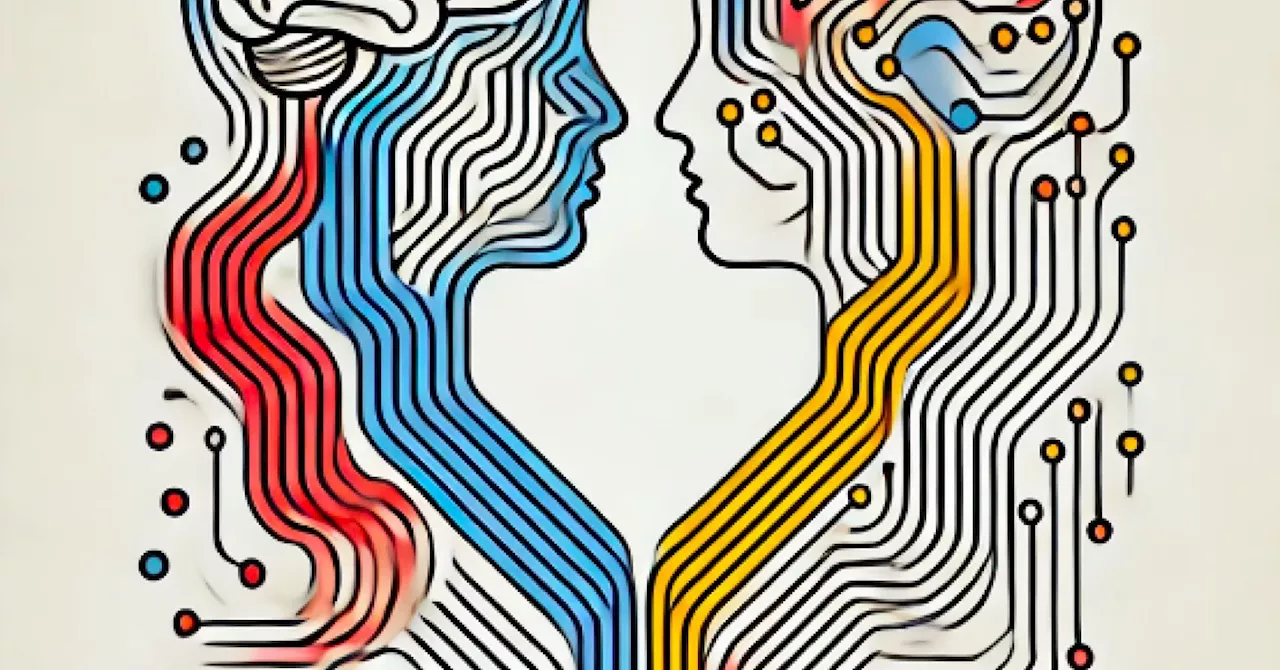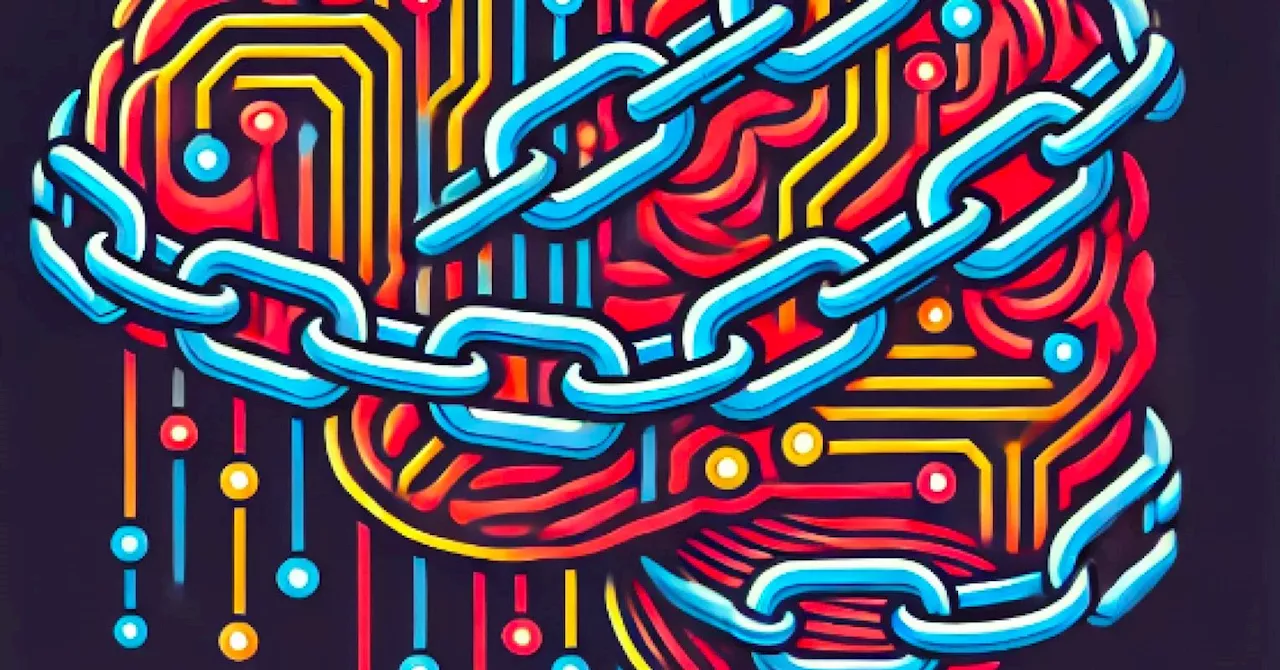This article explores how Large Language Models (LLMs) are poised to transform patient education by providing personalized, accessible, and culturally sensitive learning experiences. It discusses the limitations of traditional patient education materials and how LLMs can address these challenges, fostering patient engagement, building trust, and ultimately improving health outcomes.
Patient education is currently stuck in a static model, using generic materials that fail to address the diverse needs, literacy levels, and cultural contexts of patients. This one-size-fits-all approach can be ineffective, as information may become too simplistic for more literate individuals or too complex for those with lower literacy. Large language models (LLMs) are emerging as a powerful tool to revolutionize patient education by providing personalized learning experiences.
LLMs can synthesize vast amounts of medical information and present it in an accessible and patient-specific manner. Imagine a newly diagnosed diabetic receiving a tailored explanation of their condition, complete with actionable guidance on managing blood sugar, dietary adjustments, and the rationale behind prescribed medications. This would be an interactive and iterative conversational experience that adapts to the patient's questions, literacy level, and even emotional state, transforming the educational experience from passive to active participation.This level of personalization can build trust between patients and providers, encouraging adherence to treatment plans and preventive care measures. By fostering understanding and engagement, LLMs can empower patients to take control of their health journeys. The transformative potential of LLM-mediated patient education raises an important question: Should we develop new metrics to evaluate its effectiveness beyond traditional healthcare outcomes? LLMs, with their ability to deliver adaptive and learner-centric education, may demand their own metric of clinical efficacy, potentially assessing variables such as drug compliance and hospital readmissions. This could allow healthcare systems to better understand and optimize the impact of LLMs on patient care. LLMs can also help address health disparities by generating education in multiple languages, tailoring information to different cultural contexts, and ensuring content is easily understandable. An LLM could generate culturally relevant guidance for managing hypertension in a Hispanic community, incorporating dietary recommendations that respect traditional foods. This approach enhances relevance and fosters a sense of respect and inclusion, making education more engaging and effective. LLMs offer a way out of the conundrum of simplifying patient education for everyone, as they can tailor content to each individual's comprehension level, ensuring information is both accessible and meaningful. For example, an LLM could explain the same medical condition in different ways: a straightforward summary for someone with limited health literacy and a more detailed, nuanced explanation for a patient seeking deeper understanding. This adaptability maximizes engagement and effectiveness for every patient.
Llms Patient Education Health Disparities Personalized Learning Accessibility
United States Latest News, United States Headlines
Similar News:You can also read news stories similar to this one that we have collected from other news sources.
 LLMs: Unraveling the Mysteries of the Human Brain in 2025Large language models (LLMs) are increasingly being used to study the complexities of the human brain. From understanding speech and language processing to identifying patterns in biological data, LLMs are poised to accelerate advancements in various fields like AI, robotics, and neurotechnology. 2025 is expected to see even more exploration of conversational AI and the use of LLMs to analyze data from brain imaging technologies like fMRI, MEG, and EEG.
LLMs: Unraveling the Mysteries of the Human Brain in 2025Large language models (LLMs) are increasingly being used to study the complexities of the human brain. From understanding speech and language processing to identifying patterns in biological data, LLMs are poised to accelerate advancements in various fields like AI, robotics, and neurotechnology. 2025 is expected to see even more exploration of conversational AI and the use of LLMs to analyze data from brain imaging technologies like fMRI, MEG, and EEG.
Read more »
 The Cognitive Intimacy of Interacting with LLMsThis article explores the unique and evolving relationship between humans and LLMs, describing the dynamic and insightful nature of their interactions as 'cognitive intimacy'. While acknowledging the artificiality of this relationship, the author argues that it offers valuable insights into our own thought processes and encourages deeper reflection.
The Cognitive Intimacy of Interacting with LLMsThis article explores the unique and evolving relationship between humans and LLMs, describing the dynamic and insightful nature of their interactions as 'cognitive intimacy'. While acknowledging the artificiality of this relationship, the author argues that it offers valuable insights into our own thought processes and encourages deeper reflection.
Read more »
 LLMs Transform Supply Chain OptimizationThis article explores how large language models (LLMs) are revolutionizing supply chain management by automating data analysis, insight generation, and scenario planning. Drawing on Microsoft's cloud business experience, the authors demonstrate the potential of LLMs to significantly reduce decision-making time and enhance productivity for business planners and executives.
LLMs Transform Supply Chain OptimizationThis article explores how large language models (LLMs) are revolutionizing supply chain management by automating data analysis, insight generation, and scenario planning. Drawing on Microsoft's cloud business experience, the authors demonstrate the potential of LLMs to significantly reduce decision-making time and enhance productivity for business planners and executives.
Read more »
 AI Is Breaking Free From Token-Based LLMsAdvancements in AI are pushing towards AGI (Artificial General Intelligence) by moving beyond token-based LLMs to larger concept models that can understand and reason with entire sentences and concepts. This evolution is marked by increasingly sophisticated AI systems like OpenAI's GPT models, which demonstrate human-like reasoning and problem-solving abilities, even excelling in complex mathematical competitions. Experts believe AGI will define the future of human progress.
AI Is Breaking Free From Token-Based LLMsAdvancements in AI are pushing towards AGI (Artificial General Intelligence) by moving beyond token-based LLMs to larger concept models that can understand and reason with entire sentences and concepts. This evolution is marked by increasingly sophisticated AI systems like OpenAI's GPT models, which demonstrate human-like reasoning and problem-solving abilities, even excelling in complex mathematical competitions. Experts believe AGI will define the future of human progress.
Read more »
 AI Is Breaking Free Of Token-Based LLMsThis article discusses the evolution of AI from token-based language models (LLMs) to larger concept models capable of understanding and processing entire sentences and concepts. It highlights the emergence of agentic AI, where AI entities collaborate and delegate tasks, potentially leading to advancements like artificial general intelligence (AGI). The article analyzes how researchers are evaluating these complex AI systems, focusing on their internal processes and the increasing sophistication of models like OpenAI's GPT lineage.
AI Is Breaking Free Of Token-Based LLMsThis article discusses the evolution of AI from token-based language models (LLMs) to larger concept models capable of understanding and processing entire sentences and concepts. It highlights the emergence of agentic AI, where AI entities collaborate and delegate tasks, potentially leading to advancements like artificial general intelligence (AGI). The article analyzes how researchers are evaluating these complex AI systems, focusing on their internal processes and the increasing sophistication of models like OpenAI's GPT lineage.
Read more »
 Can LLMs "capture" human thought?Are LLMs the perfect cognitive partner or a trap where we slowly surrender our intellectual independence?
Can LLMs "capture" human thought?Are LLMs the perfect cognitive partner or a trap where we slowly surrender our intellectual independence?
Read more »
